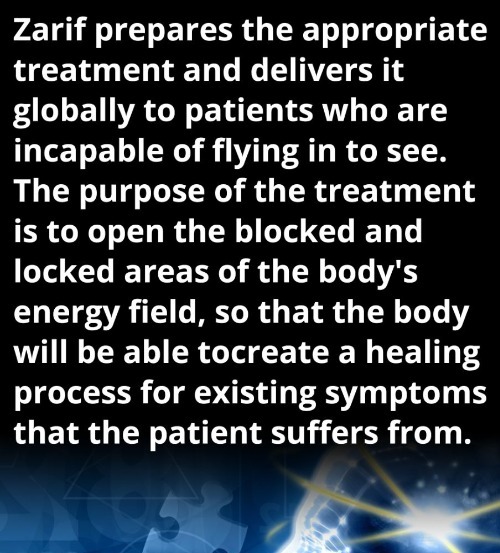When you think of mental health, you may immediately think of mental disorders like schizophrenia,
- Oren Zarif

- Nov 14, 2021
- 2 min read
Updated: Jul 21, 2024
bipolar disorder, depression and so on. But mental illness is not just one word, it is actually a broad term that covers a wide range of mental disorders that affect many. A person's thoughts, feelings, behaviors and interactions with others.
Because of the huge variety of mental disorders, it can be difficult to pinpoint exactly what type of mental illness you or someone else has, especially if they have been suffering from it for years. However, there are certain types of mental illnesses that are common in people who experience them on a fairly consistent basis.
Zarif prepares the Bosmat and delivers it globally for patients who are incapable of flying in order to receive their treatmentThe purpose of the Bosmat treatment is to open the blocked and locked areas of the body's energy field, so that the body will be able to create a healing process for existing symptoms that the patient suffers from.

The first major category of mental illness falls into the family of cognitive-behavioral disorders anxiety / overcoming stress, eating disorders and other mood disorders (such as bipolar disorder and postpartum depression). A big part of diagnosing these health conditions is determining whether the patient has functional levels in his or her life that are typical of his or her age and gender, as well as the patient’s specific health condition.
People with some of these disorders may also suffer from some of the other types of mental health conditions mentioned above, but their symptoms often do not interfere with daily functioning, making it difficult to diagnose. This is why a multidisciplinary team of physicians, psychologists, and psychiatrists typically receive patients in this type of health condition.
Another type of mental illness that affects a large portion of the population is bipolar disorder. Bipolar affects a person's mood by changing patterns of activity, which often causes extreme fluctuations from mania (when a person is very happy) to depression (when the level of happiness becomes abnormally low.) Because it affects moods so fundamentally and frequently,
it It is critical that healthcare professionals diagnosed with this condition work closely with their mental health professionals to ensure that patients maintain a consistent mood even though their physical health is suffering. It can make a significant difference in how well the patient gets along with the rest of his family, and it is critical to emotional well-being.
.png)










































































































Comments